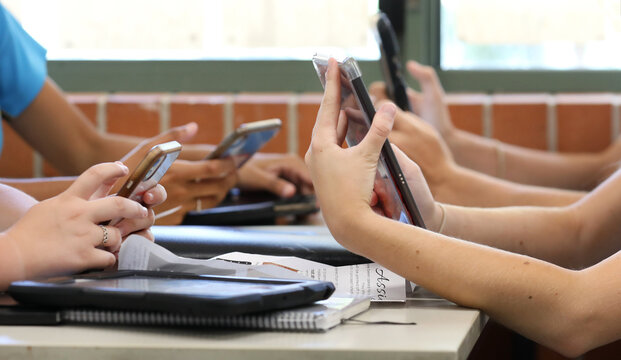I dare you to read this entire article. Hard? Is it because this is boring? Or is it because you have a low attention span?
So, what are attention spans? An attention span is the amount of time spent on a task before being distracted. For example, when you’re trying to study for an important test and catch yourself checking your phone for notifications. Or, when you’re scrolling on Instagram, and you quickly click past to the next image or video. That is attention span. And it is currently 8.25 seconds long for the average human.
Fun fact, goldfish have an attention span of 9 seconds. So yeah, it’s that bad.
According to an article by Santa Maria College, “Technology addiction, societal pressure and the increasing flow of information are to blame for today’s shorter attention spans among students.”
Constant digital stimulation such as notifications and social media updates causes many teens to be pulled away from focus. These distractions make it harder to retain information and concentrate. “On average, I would say I can focus for about 20 minutes before getting distracted”, said student Sophia Egan.
With the internet, students can now receive information in small-bite sized pieces. This has created a habit of ‘skimming’. Skimming through schoolwork and texts, a habit caused by low attention spans, instead of reading them with care can cause many students to fall behind. A West Seattle High School student, Kate Russell, said, “There are days when I can’t lock in because of my low attention span.”
The masses of online information, a reliance on social media to boost esteem, a fear of missing out, a preference for shorter, faster messages, and an urge for new information have created an addictive loop for students causing them to rarely enter a state of deep focus and concentration.
How can we support low attention spans? Can it get better? Using a variety of engaging techniques in teaching can get students more actively involved. Having micro-sized learning is much clearer to students. Focusing on one task at a time or breaking them down into smaller goals can help focus attention as well as manage stress levels. And finally, incorporating brain breaks with physical activity and away from screens has proven to make learning more effective for longer.
Did you make it to the end? Congrats! Wait, what was this article about?



